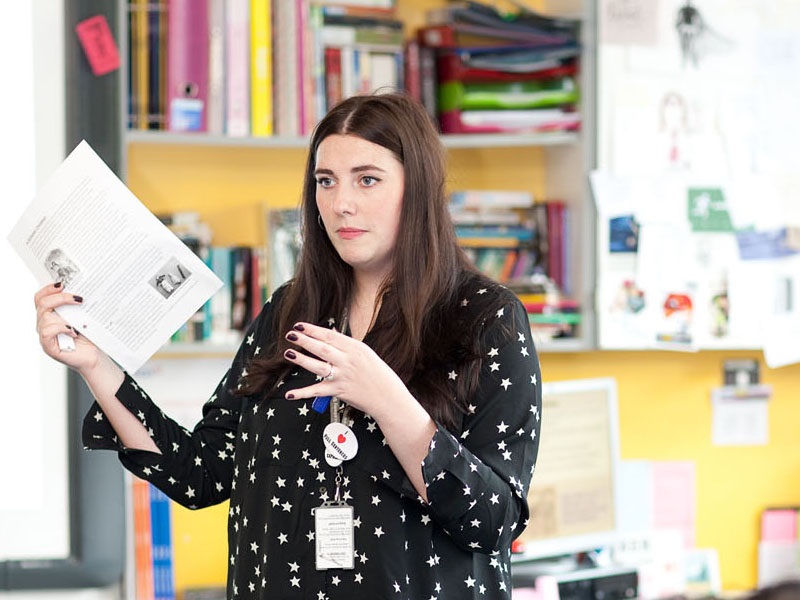
Attention Deficit Hyperactivity Disorder (ADHD) is a common neurodevelopmental condition affecting children worldwide. Characterized by impulsivity, inattention, and hyperactivity, ADHD can significantly impact a child’s academic performance, social relationships, and emotional well-being. Child ADHD counselling plays a pivotal role in helping both the child and their families navigate these challenges. This article will explore effective techniques used in child ADHD counselling to manage behavior and improve focus, providing a comprehensive understanding of how these strategies benefit both the child and their environment.
Understanding ADHD and Its Impact on Children
Before diving into counselling techniques, it is important to understand how ADHD manifests in children. Symptoms of ADHD typically appear before the age of 12, although signs can often be detected much earlier. The most prominent challenges children with ADHD face include difficulty maintaining attention, struggles with completing tasks, restlessness, and impulsive actions. These behaviors can create problems in a structured school environment and at home, where routines and instructions are often not followed as expected.
Child ADHD counselling addresses these behaviors by providing tools to help the child manage their emotions and reactions more effectively. Through counselling, both children and their parents gain insights into how ADHD impacts behavior and are guided on implementing specific strategies to foster a more supportive and focused environment.
Behavioral Therapy: Core Techniques in Child ADHD Counselling
Positive Reinforcement and Reward Systems
One of the primary methods employed in Child ADHD Counselling is positive reinforcement. This technique involves encouraging desired behaviors by offering rewards or praise when the child successfully completes tasks or demonstrates improved self-control. For instance, a reward chart might be used to track and reinforce behaviors such as completing homework or following instructions.
Positive reinforcement helps children with ADHD feel motivated and acknowledges their efforts, which can be especially valuable given that children with ADHD often struggle with feelings of frustration or failure. Counsellors typically work closely with parents to implement these reward systems at home and in school, creating a consistent approach across different environments.
Token Economy Systems
A token economy system is another popular tool in child ADHD counselling. Children earn tokens for exhibiting appropriate behaviors, which can later be exchanged for a larger reward, such as a favorite activity or a special privilege. This system teaches children the value of delayed gratification and helps them internalize the concept of working towards long-term goals—skills that are often underdeveloped in children with ADHD.
Behavioral Contracts
Counsellors may also recommend the use of behavioral contracts to manage specific problematic behaviors. These contracts are agreements between the child, parents, and sometimes teachers, outlining expected behaviors and the corresponding rewards or consequences. Behavioral contracts give children a clear understanding of what is expected from them, providing structure and accountability.
Cognitive Behavioral Therapy (CBT) and Emotional Regulation
While behavioral techniques focus on modifying external behaviors, Cognitive Behavioral Therapy (CBT) addresses the internal processes contributing to ADHD symptoms. CBT helps children with ADHD identify negative thought patterns that lead to impulsive or inattentive behavior and replace them with more constructive ways of thinking. For example, a child who feels overwhelmed by a difficult task may be taught to break it into smaller, more manageable steps, reducing anxiety and improving focus.
CBT also emphasizes emotional regulation, teaching children to recognize and manage their emotions effectively. Children with ADHD often experience frustration, anger, or sadness when they feel they cannot meet expectations. CBT techniques such as mindfulness and relaxation exercises can be invaluable in helping them manage these intense emotions.
Social Skills Training and Peer Interaction
Children with ADHD often struggle with social interactions, including difficulties in understanding social cues, taking turns, or maintaining conversations. As part of child ADHD counselling, social skills training is frequently incorporated to help children develop better communication and relationship-building skills. Role-playing exercises, group therapy, and real-life social interactions help children practice these skills in a controlled environment, boosting their confidence and ability to interact with peers more effectively.
Executive Functioning Coaching and Academic Support
ADHD can impair executive functioning, which includes planning, organizing, time management, and task initiation—critical skills for academic success. Child ADHD counselling often includes executive functioning coaching to help children develop strategies for improving focus, completing assignments, and managing their time more effectively. Techniques such as creating visual schedules, breaking down tasks into smaller steps, and using timers for focused work periods can make a significant difference in a child’s ability to perform academically.
Counsellors work with teachers and parents to implement academic accommodations such as extended time on tests, reduced homework loads, or preferential seating in the classroom. These modifications, along with consistent support from counsellors, help reduce the anxiety that often accompanies academic challenges for children with ADHD.
Parent Training and Family Involvement
Effective child ADHD counselling involves not just the child but also their families. Parent training programs are an integral part of the counselling process, equipping parents with the skills to support their child at home. Counsellors help parents understand ADHD behaviors, providing guidance on how to implement consistent routines, use positive reinforcement, and manage challenging behaviors without punishment.
Involving the family in the therapeutic process fosters a supportive home environment, which is essential for the child’s progress. Parents learn to maintain realistic expectations and to be patient with their child’s unique learning and behavioral needs.
Conclusion
Child ADHD counselling offers a comprehensive, multi-faceted approach to managing ADHD symptoms and improving focus. From behavioral therapy techniques such as positive reinforcement and token economies to cognitive behavioral therapy and social skills training, these interventions work together to help children with ADHD thrive both at home and in school. With the support of trained professionals and an involved family, children with ADHD can learn to manage their behavior, improve their focus, and navigate the challenges of ADHD with greater ease.







